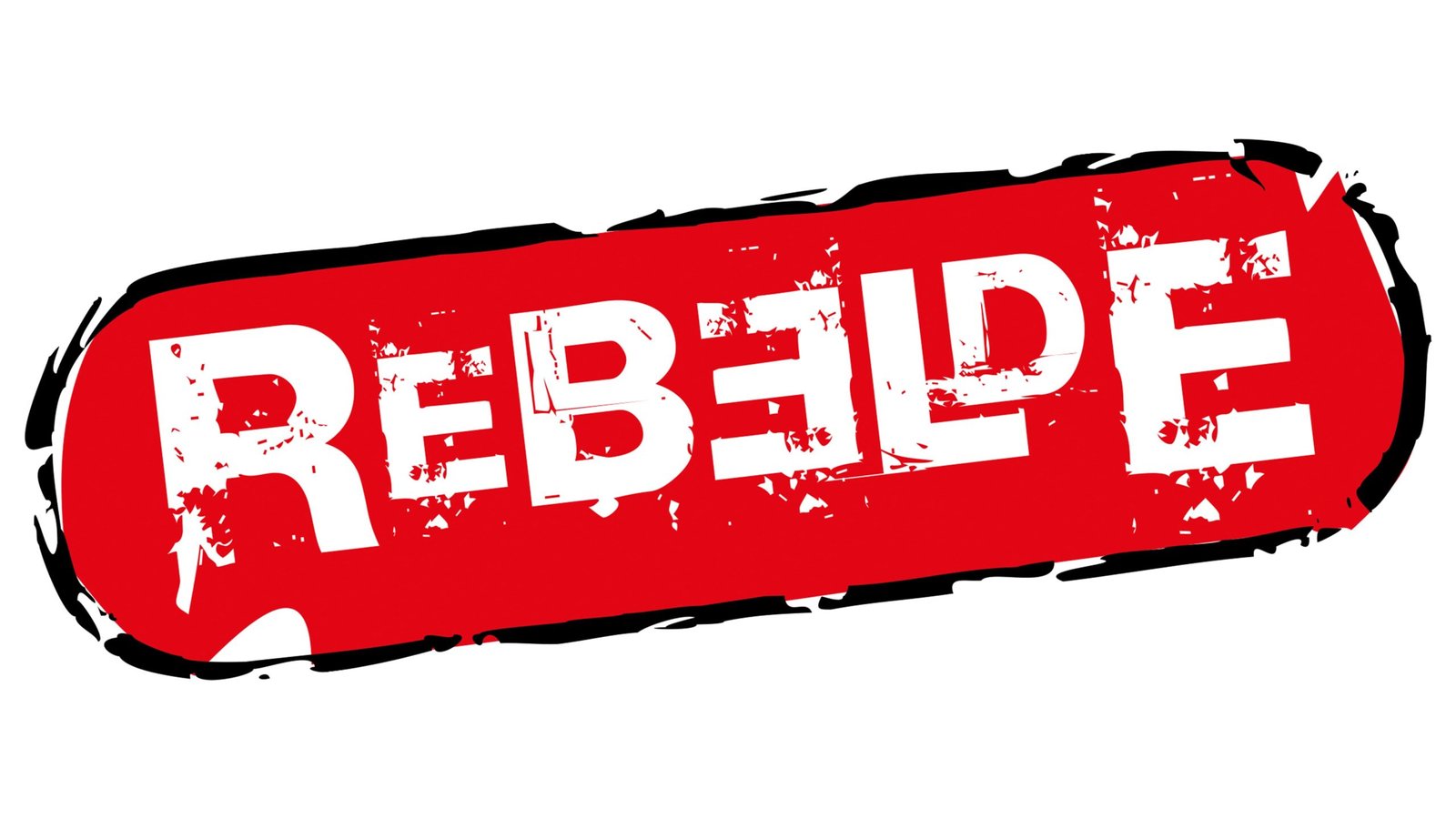In the world of sports, accidents, and everyday life, concussions are a prevalent injury. While often considered minor, the recovery process can be complex and lengthy. Understanding the 6 Stages of Concussion Recovery is crucial for patients, caregivers, and healthcare professionals alike.
1. What is a Concussion?
A brief explanation of what a concussion is and how it affects the brain.
2. Initial Assessment and Diagnosis
The importance of seeking medical attention immediately after sustaining a concussion. Discuss the diagnostic process and tools used by healthcare professionals.
3. Rest and Symptom Management
Highlight the significance of rest in the early stages of recovery and strategies for managing common symptoms such as headaches and nausea.
3.1 Importance of Physical and Cognitive Rest
Emphasize the need for both physical and cognitive rest to allow the brain to heal properly.
3.2 Symptom Tracking and Management
Tips for keeping track of symptoms and adjusting activities accordingly to avoid exacerbating symptoms.
4. Gradual Return to Activities
Discuss the step-by-step approach to reintroducing physical and cognitive activities, including school or work, exercise, and screen time.
4.1 The Role of Rehabilitation Specialists
Highlight the role of rehabilitation specialists such as physical therapists and neuropsychologists in guiding the recovery process.
5. Monitoring and Follow-up Care
The importance of regular follow-up appointments with healthcare providers to monitor progress and address any lingering symptoms or concerns.
5.1 Long-Term Effects and Complications
Address potential long-term effects of concussions and strategies for managing complications such as post-concussion syndrome.
6. Return to Play or Work
Guidelines and criteria for safely returning to sports, school, or work activities. Emphasize the importance of listening to one’s body and not rushing the return process.
Conclusion: Patience and Persistence in Concussion Recovery
Recovering from a concussion is a journey that requires patience, persistence, and proper medical guidance. By understanding and navigating the six stages of concussion recovery, individuals can optimize their recovery process and reduce the risk of long-term complications.
Frequently Asked Questions (FAQs)
1. How long does it take to recover from a concussion?
- The recovery time varies from person to person and depends on various factors such as the severity of the concussion and individual health.
2. Can I return to sports or physical activities after a concussion?
- Yes, but only after receiving clearance from a healthcare professional and following a gradual return-to-play protocol.
3. Are there any long-term effects of concussions?
- Some individuals may experience long-term effects such as cognitive difficulties or mood changes, but proper management and follow-up care can help mitigate these effects.
4. Should I avoid screens and electronic devices during concussion recovery?
- It’s advisable to limit screen time, especially in the early stages of recovery, as it can exacerbate symptoms such as headaches and dizziness.
5. When should I seek medical attention after sustaining a concussion?
- It’s essential to seek medical attention immediately if you experience symptoms such as loss of consciousness, persistent headache, or difficulty speaking or moving

